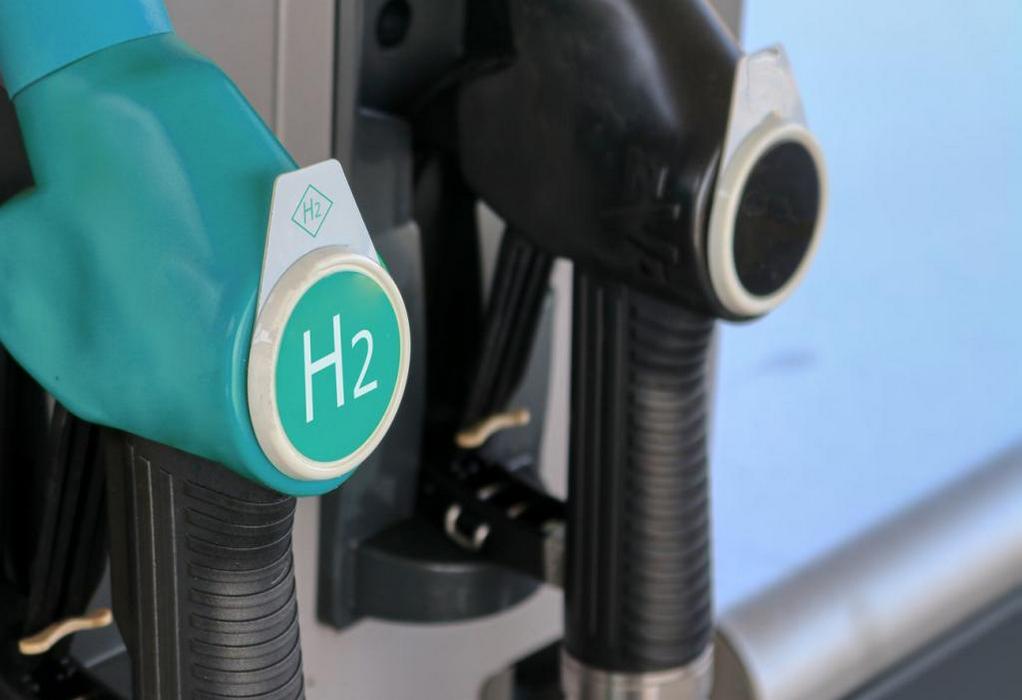Academics from the Universities of Oxford and Cardiff are working alongside CarbonMeta Technologies to turn plastic waste into clean hydrogen fuel and high-value carbon nanomaterials.
Transforming one tonne of plastic using the microwave machines can take on average two hours, with the material reaching up to 600 degrees.
The firm is currently in discussion with investors in North Carolina to build a plant with the capacity to process 20 metric tonnes per day.
According to CabonMeta, the operation of the scale will take 18 to 24 months to be functional, but it is ‘confident’ that it can scale ‘up to one tonne per day in as little as nine months’.
Upcycling plastic and construction waste to help address the world’s pollution and climate crises is a main aim for the company. Using its technology, CarbonMeta will be able to support the transition to two major sources of sustainable energy – hydrogen for transport or to heat homes and batteries for electric vehicles.
Nearly 300 companies agree to eradicate plastic waste at its sourceUsing ‘microwave catalysis’ technology – custom-designed microwave machines – from the University of Oxford, CarbonMeta hopes to yield ‘high value products for industry’ – graphite (600 GBP per tonne), hydrogen (3,500 GBP per tonne), graphene (100,000 GBP per tonne), and carbon nanotubes (100,000 GBP per tonne).
The business is based in Woodinville, Washington and is developing a ‘global reach predominantly.
CarbonMeta is currently building commercial partnerships to up-scale the microwave catalyst technology, including global multi-energy providers in Europe.
Tags: CarbonMeta Technologies, Cardiff, Fuel, Hydrgen, Oxford



Recent Posts
Polish Delegation and JKSH Group Explore Green Energy Project in Andhra Pradesh
bigbasket Expands EV Delivery Fleet to 50 Cities with Support from Kazam
Axpo Completes Spain’s First Ship-to-Ship Bio-LNG Bunkering for Container Vessel at Algeciras
BLG LOGISTICS and Liebherr Strengthen Sustainable Port Operations with Shore Power-Ready Crane in Bremerhaven
Beijing Maersk Enters Service as Latest Methanol-Powered Containership
Yinson GreenTech and C-Torq Deliver Marine Battery System for Hybrid Vessel in the Middle East
Singapore Tugboat Receives Biofuel-Ready Notation Following Retrofit
NYK Names Sixth Dual-Fuel LPG Carrier “Luna Pathfinder”